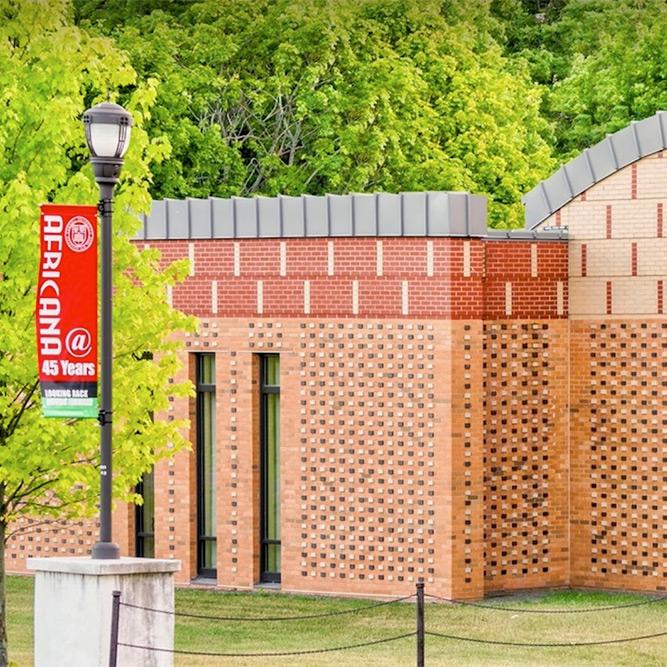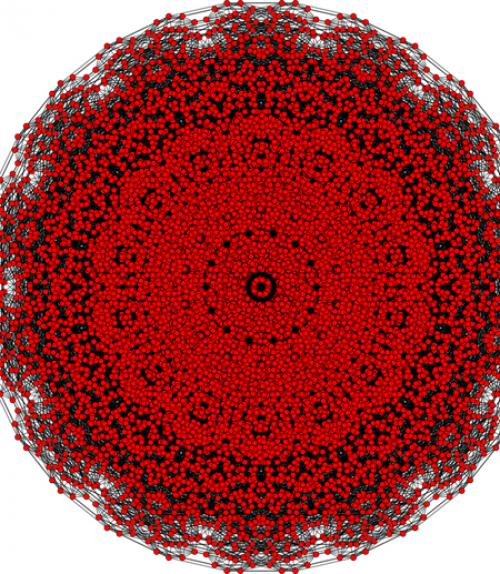Two operations research and information engineers, two electrical engineers and two mathematicians from Cornell have received National Science Foundation (NSF) Faculty Early Career Development Program awards.
Over the next five years, each researcher will receive up to $500,000 “to build a firm scientific footing for solving challenges and scaling new heights for the nation, as well as serve as academic role models in research and education,” according to the NSF website.
The five assistant professors are: Jayadev Acharya, electrical and computer engineering; Siddhartha Banerjee, operations research and information engineering; Christina Delimitrou, electrical and computer engineering; Nathan Kallus, operations research and information engineering at Cornell Tech; Karola Mészáros, mathematics; and Inna Zakharevich, mathematics.
Acharya will use his funds to shed light on poorly understood trade-offs in data science and machine learning. For example, an app on a mobile device that searches the web would ideally be small, communicate as little data as possible and maintain the privacy of the user. But these constraints are often at odds with each other. Strong privacy requires more data and computation, and data-efficient systems require more computation. The project aims to establish fundamental trade-offs between resources and design efficient solutions to improve these systems. Outreach activities will connect project researchers with undergraduate students and underrepresented communities.
Banerjee’s work revolves around understanding how data, machine learning and markets can be used to control ‘smart systems’ such as cloud platforms, transportation, smart grids and financial networks. All these systems face similar challenges of making decision with incomplete information and strategic agents. Banerjee's aim is to develop a theoretical framework for real-time decision-making, and create algorithms that make use of historical data, simulation models and market mechanisms. He will also test these algorithms in collaboration with industry partners in on-demand transportation, cloud computing and financial technology, as well as the local food bank.
Delimitrou will use her funds to study cloud microservices, which are becoming increasingly pervasive in data centers. As modern cloud services have grown in popularity, their designs have shifted from complex monolithic applications to specialized, loosely coupled microservices, which require fast network processing and low request latency. These issues affect the availability and efficiency of cloud services. The project will pursue automated, learning-based techniques to take a holistic view to designing a hardware and software system for interactive microservices that run on large data centers.
Kallus will investigate how to train algorithmic decision systems from observational data in sensitive applications where reliability and fairness are of concern. Observational data, which have become plentiful in domains such as medicine, lack experimental manipulation so causal effects are obscured by a phenomenon known as confounding, and such data are also otherwise messy, noisy, biased and often missing. Therefore, the project’s goals are to develop methodology for efficient and fair learning that is by design robust to these issues as well as theory providing guarantees of reliability.
Mészáros will use her funds to study polytopes – geometric objects with flat sides. She aims to use polytopes to answer questions about coefficients of special families of polynomials (the building blocks of algebra) in many variables. An educational component of the project includes enabling young women to succeed in STEM careers by introducing them to discrete mathematics, an area of growing importance for computer and data science.
Zakharevich's project is on K-theoretic analysis of geometric problems. Problem solving often involves breaking a problem down into smaller sub-problems, solving those smaller equations, then assembling the answers into a solution to the original problem. K-theory focuses on the multiple ways of gluing the smaller answers back together to arrive at the overall solution. Zakharevich will investigate longstanding conjectures and connections between geometry and algebra through a K-theory perspective of polytopes and how they can be cut and reassembled. She also intends to establish local K-12 math circles, and regional math clubs for students in grades 3-5.





